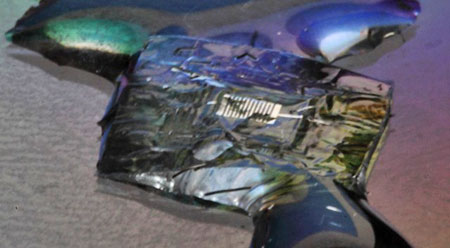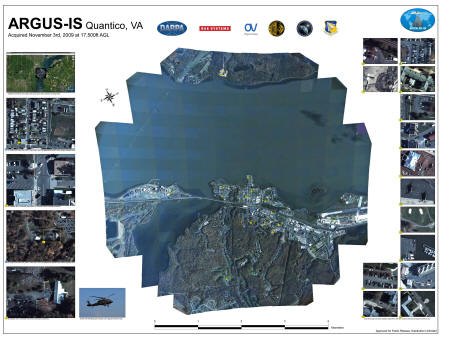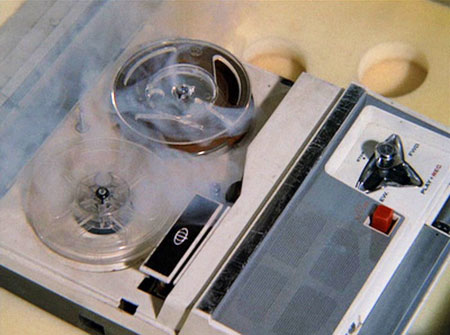|
DARPA, the United States' military research agency, has announced its intention to fund and develop technology that self-destructs.
For example, DARPA would like a high-resolution camera sensor self-destructs when it receives a certain radio signal from military command, preventing it from being used by the enemy.
Other methods of self destruction are also being investigated, though, such as technology that degrades quickly under certain conditions - water, heat, stomach acid, and so on.
The governing idea behind the program, called Vanishing Programmable Resources (VAPR), is that there's no point in the US maintaining a technological advantage over the enemy if that technology then falls into their hands.
If Iran shoots a drone out of the sky, there could be all sorts of sensitive data and bleeding-edge technology that could then be collected, analyzed, and reverse-engineered. In many cases, it would then be trivial to develop countermeasures that completely nullify the US military's advantage.
The US military reportedly has similar schemes in place for rapidly disposing of documents and hard drives (thermite in an armored box), but this program seems to be more interested in protecting individual components and computers on a smaller scale.
DARPA would rather its enemies didn't get its hands on ultra-advanced tech, like its 1.8-gigapixel ARGUS surveillance system.
For example, a next-gen UAV might be equipped with an ultra-high-res imaging sensor that self-destructs if it receives a certain signal, or if it experiences greater-than-expected g-force (i.e. the drone has been shot out of the sky and is now falling very quickly).
VAPR also will build upon DARPA's previous research into biomedical implants that dissolve after a certain amount of time (read 'DARPA shows off 1.8-gigapixel surveillance drone, can spot a terrorist from 20,000 feet'.)
Self-destructing tapes were all the rage in Mission Impossible
It's interesting to consider whether this program was triggered by a specific scenario, or whether it's just a random idea that has bubbled to the fore.
Due to the exponential nature of technological advances, it's entirely possible that the USA is now so far ahead that it would be catastrophic to give the enemy a leg up.
Looking at the antiquated weapons that are fielded by enemies of America the Great, and their lack of domestic high-tech hardware manufacturing expertise, it's not too crazy to think that the US is really that far ahead (read 'Meet DARPA's real-world Terminator, Atlas'.)
Moving forward, DARPA is seeking proposals from the industry of materials, manufacturing processes, and design methodology that,
The target of the program - to build a transient biomedical sensor that's able to communicate with a remote user - is fairly basic to begin with, but the underlying tech can then be used to build self-destructing computer chips, memory chips, sensors, and so on.
|



